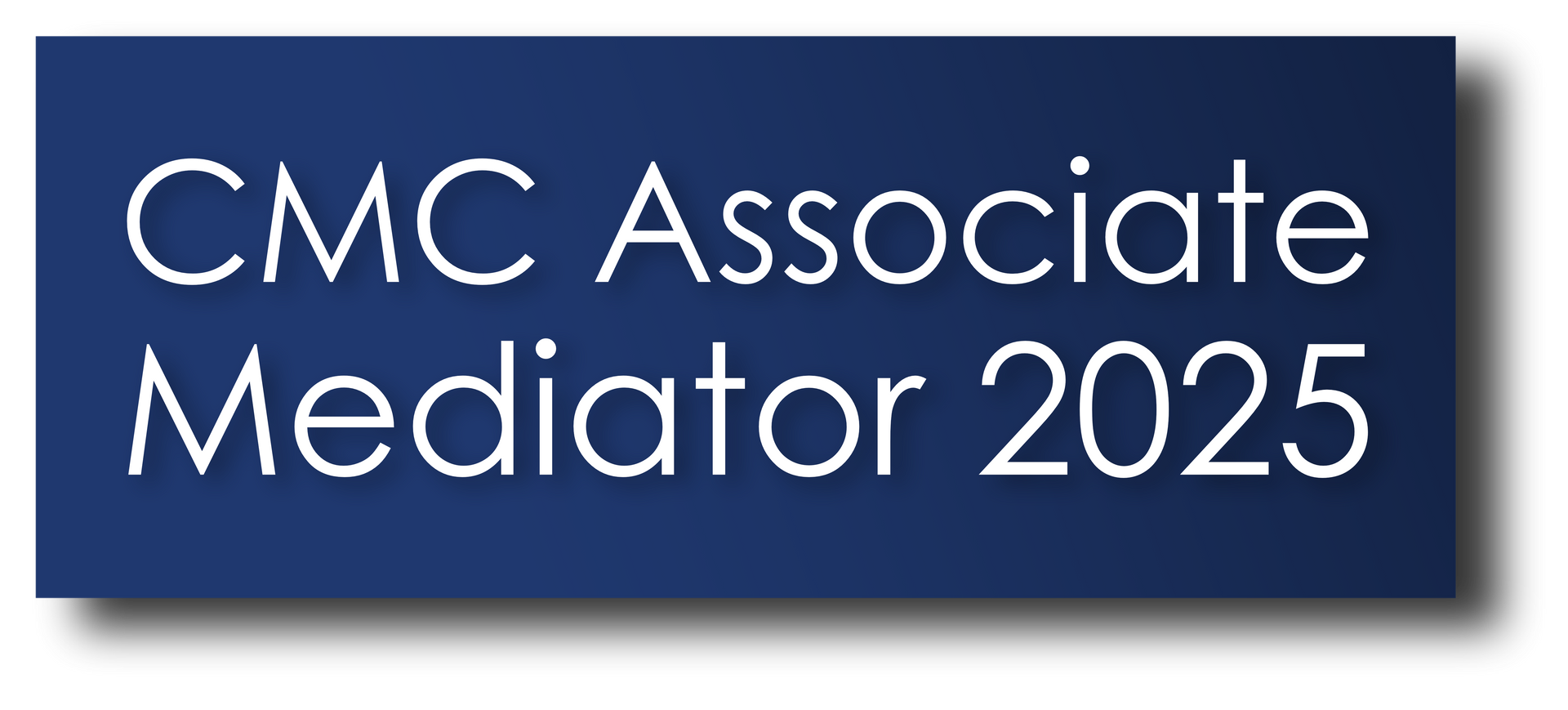Are you a victim of the Dunning Kruger effect?
Are you a victim of the Dunning Kruger effect
The Dunning Kruger effect is something we are all prone to. It was first described by Psychologists David Dunning and Justin Kruger in 1999. It occurs when our lack of knowledge and skill in an area, actually causes us to overestimate our own competence in it. Or put it another way, when the “Come on, how hard can it be”, attitude rears its head within us and we think we know more than we do.
I have myself have been victim to the Dunning Kruger effect when I mistakenly proof read and edited the first book I wrote. The book did well, but did receive criticism as it needed proof reading and I am sure cost me sales.
When I produced the second edition, I employed a professional editor and proof reader and it improved the layout of the book, making it look far more professional.
I often encounter the Dunning Kruger effect when I ask people if they are seeking professional help when crisis negotiation or disputes arise and they say, “No we are handling it ourselves, but will get back to you if ever we get stuck”.
The problem being is that we believe we can fix everything ourselves but can end up making huge mistakes, which can cost us money, or even make the initial issues worse.
In his novel “The Negotiator”, Ben Lopez discusses the number of times he has been employed by clients who have already hired all manner of people in an attempt to handle crisis negotiations. These attempts have ended in disaster when they have turned to solicitors, friends, family or even priests, without first talking to a specialist response consultant.
We all like to handle our own negotiations, whether it is securing a deal, or resolving a dispute and feel that as business owners we should “just know how to do this”. But without specialised training and experience, we can often make costly errors such as leaving money on the table, damaging relationships, or worse.
This also It also reminds me of a national advertising campaign run by a driver training school years ago which said. You would not try and split the atom, just because your mate had given you a few lessons, but you will try and take your driving test after a few lessons from your Uncle Gary.
This route can also be waste of our precious time and resources. As what may take a professional a few hours might take an untrained person weeks, diverting attention from core business operations.
But what stops us from hiring a professional, fear of extra cost?
I am sure we have all heard some version of the story of the mechanic who is called into a factory when the machine which runs the whole plant breaks down, costing the owner thousands of pounds in lost revenue. The mechanic looks around and approaches the machine and with a screwdriver, turns one screw and it all works again. They then present the owner with a £1000 bill which they question, as it took them so little time to fix. Then mechanic breaks down the bill on a slip of paper and the owner smiles and happily pays up.
When broken down the bill says the following:
Labour cost £50
Knowing which screw to turn £950
As a recent client of mine who runs a successful tech business said to me. “The smartest business leaders know when to call an expert, as they know which buttons and leavers to press and pull. I write computer code for a living; but you will not see me trying to repair my own car, as I am just out of my depth.
If you think about it, you would not trust an amateur to handle your finances or legal matters, why risk it with other areas of your business. Hiring a skilled professional is not just an expensive, it is a strategic investment that pays for itself many times over.
Do not let the Dunning-Kruger Effect cost your business money. Recognise the value of true expertise and bring in a professional when it matters most.











